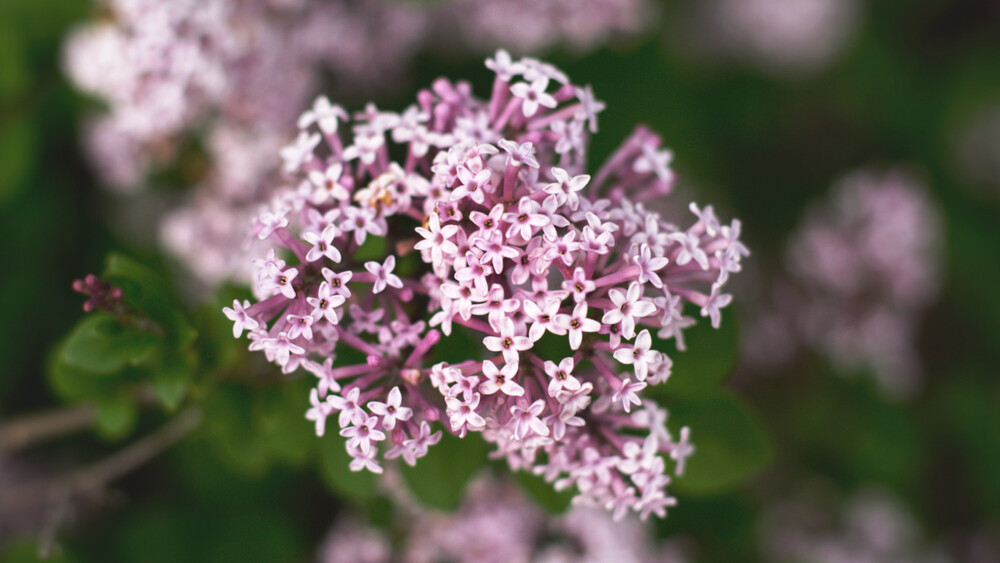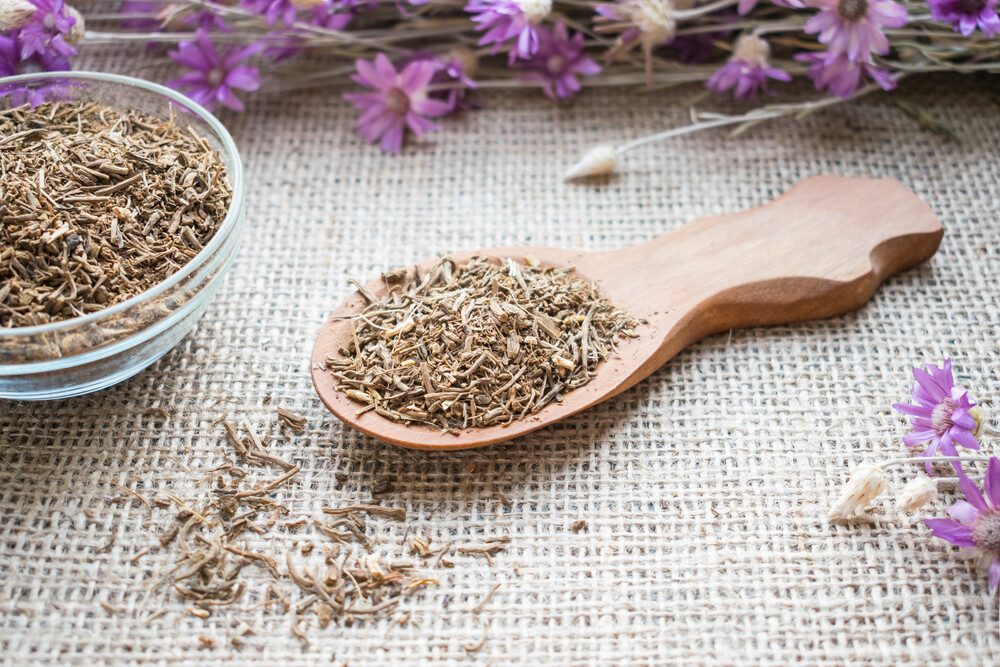Not getting your beauty sleep again? This can have many different causes. But whatever it is, the medicinal plant Valerian can help. Already in the Middle Ages it worked wonders, and that’s exactly what it still does today.
The miracle herb with calming effect
Valeriana officinalis – or also called valerian – is a valued medicinal plant in Europe. And not only since yesterday. Even in ancient Greece, the plant was considered a panacea, and in the Middle Ages it was used to treat eye complaints. And today?
The folk remedy
Nowadays valerian is mainly used for calming. In the vernacular it is also known as cat’s-tail. The reason: the smell is said to attract cats. The plant exudes a characteristic pleasant smell. Legend has it that this helped the Pied Piper of Hameln in his hunt. But now back to reality: Valerian is mostly used for nervous disorders, states of stress, insomnia and poor performance. In addition to its calming properties, the miracle cure also has a psychologically stimulating effect. For example, the medicinal plant influences feelings of fear and tension. A relaxing bath with valerian root can help to relieve muscle tension. If you just want to relax properly, valerian as a bath additive is just what you need.
This is what the medicinal plant looks like

Amazing! Valerian can grow up to 1.8 metres tall. From May to September you can find the plant by the wayside, mainly on damp forest soil. The small flowers are white to pink and in some places have purple fine marks. So keep your eyes open during a walk in the forest. Incidentally, only the dried and cut valerian root is used in medicine.
The effect of valerian
This all sounds too good to be true. But how does the medicinal plant work anyway? The effect of valerian can be attributed to its interaction with human nerve cells. In cooperation with the valerian drug, which is also known as the valerian drug, these cells release an inhibitory messenger substance. This has a positive effect on the time and quality of sleep. This has even been scientifically proven. Over several weeks, valerian can therefore effectively relieve nervous conditions and sleep disorders. If that is not – in the truest sense of the word – calming.
A little caution is nevertheless advisable, as side effects may occur in rare cases. If after taking valerian you suffer from discomfort in the stomach and intestines, have headaches or restlessness, these may be the first signs that you are not tolerating the remedy as well as you should. Then you should always consult your doctor. Apart from these rare side effects, valerian root also contains active ingredients that can slow down your reaction speed considerably. In short, it is better not to drive a car, but to stay in bed or hang out on the couch.
You can now take valerian in the form of tea, chewable tablets, capsules or even as drops. Various nerve, sleep and gastrointestinal teas are available in every drugstore. For all other forms you can find them in the pharmacy. Regardless of what you decide to take, you should consume about two to three grams of valerian a day. The dosage is of course stated on the drugs and teas.
DIY: Valerian in everyday life
- Put a teaspoon of dried valerian root in a pot. It’s best to get it from the pharmacy.
- Pour a litre of hot water over the remedy, leave to infuse for 10 to 15 minutes and strain the tea.
- Drink at least one cup a day, depending on your symptoms – preferably before going to bed. If you have severe cramps, you can drink up to three cups a day.
- If necessary, you can add some honey to sweeten the valerian tea. Until the valerian root can fully unfold its calming effect, you can go for two weeks. So do not be surprised if you do not feel an effect immediately. The big advantage: If you take the tea in the evening, you will be in top shape the next morning – in contrast to many chemical sleeping pills and sedatives. Just give it a try!
By the way, you can mix valerian perfectly with other medicinal plants such as lavender, hops or balm. These also contain soothing active ingredients. How about your own little herb garden? By the way: Because of the essential oils all these plants are also very popular with cats. If you mix the valerian root with calming herbs and mood enhancers such as St. John’s wort or deadnettle, you can fight depressed moods and listlessness on your own. So, let’s go into battle. But very gently.

